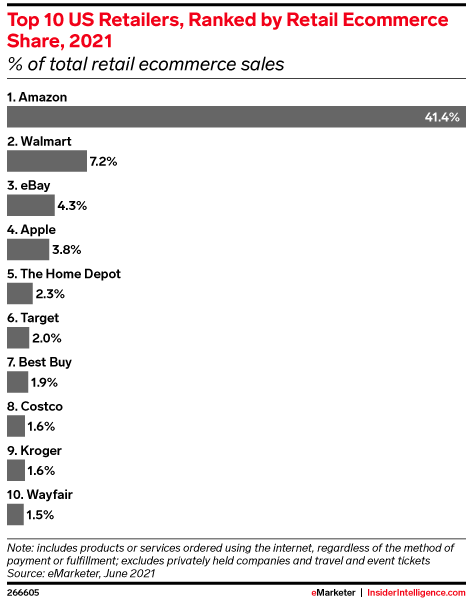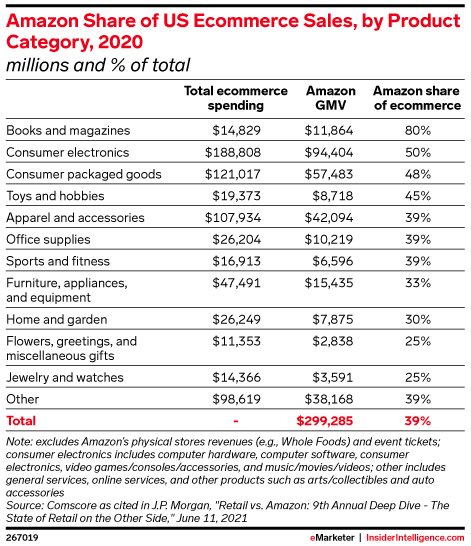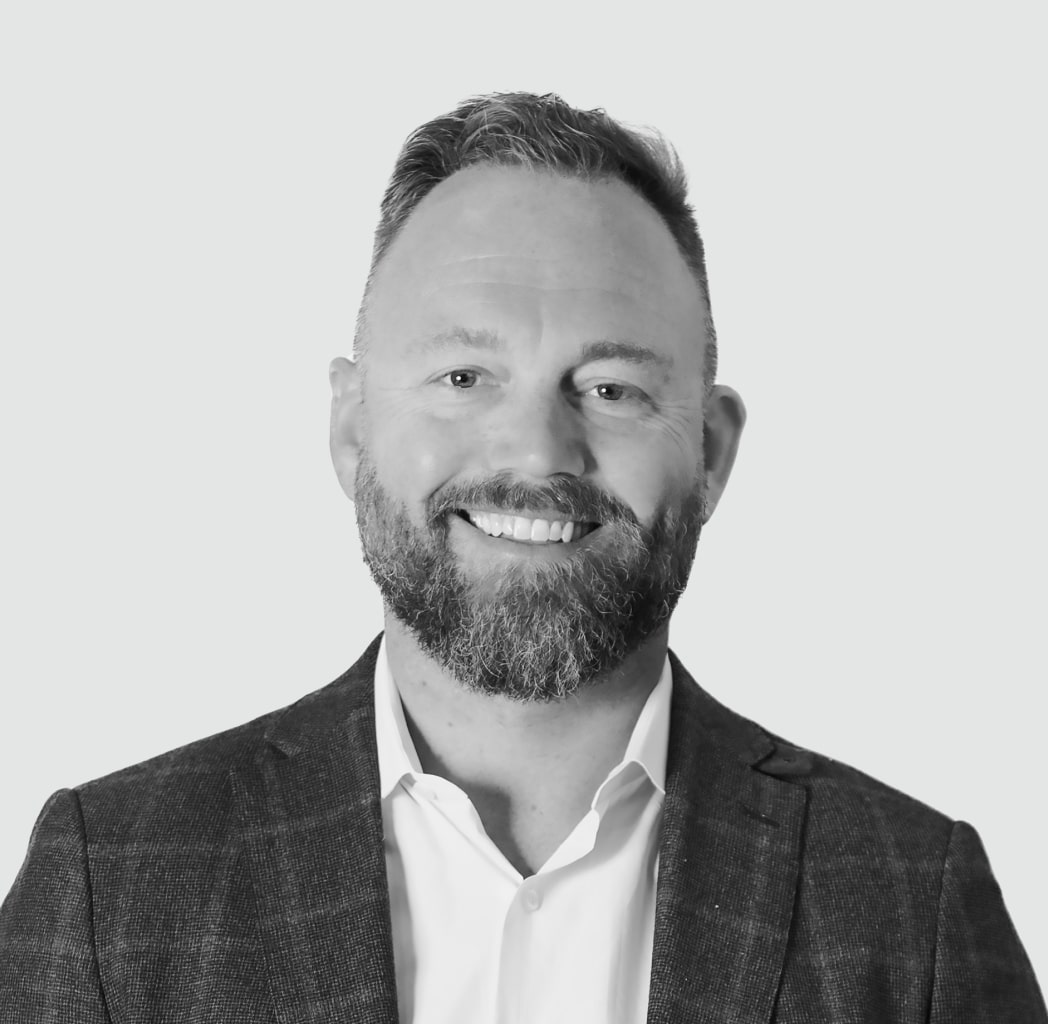
For some time, I’ve been looking for one “source” that curates modern takes on HR Tech, perspectives from the people who build it, and its impact on enterprise — something that’s tailor-made by professionals for decision-makers.
I never found it — so I decided to build it.
Every week, I’ll be sharing fresh insights on tech platforms, design, data, and the future of work — straight to your inbox.
My Thoughts
At Twitter, there have been accusations that Dantley Davis, the company’s new vice president of design, is creating a culture of fear, with employees constantly afraid they’re on the chopping block. 🐣😡🎤 The problems at Twitter echo Netflix‘s controversial culture of “radical transparency” and blunt firings. Without all the details, it’s hard to issue a blanket verdict on either company. But it’s clear in 2021 that a fear-based work culture does not pay. Even in top positions, employees are less likely to innovate or take risks if they’re worried about their jobs. ❗💡 They’re also more likely to leave. With increased competition for talent in the current market, even technology and media giants need to return to the fundamentals of people management: creating a positive environment where employees want to work for you.
Market Moves
Skincare accounts for 40% of the cosmetics market, and it’s growing faster than any other segment of the cosmetics industry — up 13% in the U.S. in 2020 compared to makeup’s measly 1% increase in sales. 💄💆🛍️ At luxury online retailer Net-a-Porter, skincare is now the best-selling category in its beauty department, growing 40% year-on-year. In recent years, we’re also seeing new disruptors in skincare. For investors who are following, here are some brands and trends to watch:
- There’s a move toward “skinimalism,” where fewer products are favored over 10-step routines. Brands to follow include Ace of Air and Aárd. 📈🐣
- Personalization, skincare tailored to individual needs, is also growing. Atolla and Know are both turning to personalized formulas and diagnostic quizzes to offer customers one or two tailored products. 🤔💡💅
- Finally, safer, cleaner ingredients are also a selling point. Feel and Eadam both focus on selling to consumers a product thoroughly vetted by chemists and dermatologists. 👏🍎
Covid-19 gave recreational tennis — typically played outdoors at an acceptable social distance — a decisive boost. 🎾💳 Investors and consumers are both taking notice. This newfound popularity of tennis is giving rise to a variety of startups:
- Brooklyn-based Erick Mathelier, a former competitive tennis player, co-founded racquet and clothing brand Furi Sport.
- Palmes Tennis Society, which launched last week, aims to broaden the scope of tennis by making it more community-based and accessible. 👏😎
- Emily Oberg, former Kith creative lead turned Sporty & Rich founder, unveiled her first tennis collection in May — it sold out within 10 minutes. 🔥🔥

Tech Innovation at Work
Hotels may start charging a small fee for amenities. 😮🏨 One of the largest U.S. hotel owners — MCR — is experimenting with charging for early check-in, using the pool, breakfast, and gym. 👙🍩💳 In exchange, these hotels will be lowering their nightly rates. It’s unclear how consumers will respond to this change — but Tyler Morse, chief executive of the hotel chain, expects it to be a hit going forward.
Salesforce is introducing new Slack integrations after completing the acquisition in July this year. ☁️👩💻🎤 These include Sales Cloud, Service Cloud, Marketing Cloud, and Tableau. These integrations are meant to address common communication and collaboration challenges in the workplace:
- According to Salesforce, 86% of employees and executives cite ineffective communication as the reason for workplace failures.
- 33% of employees say the ability to collaborate makes them more loyal.
- 29% felt that “some” things can be more difficult.
- A similar number of workers said that their ability to collaborate improved a little or a lot, with 5% characterizing virtual collaboration as more difficult than in-person collaboration.
Rob Seaman, SVP of product management at Salesforce, says: “By integrating Salesforce and Slack, plus other business apps and systems, into one digital HQ, we’re making Slack the primary engagement layer for customers. Slack is where work gets done, and these new Slack-first … innovations are speeding up and streamlining processes so people can work together from anywhere.” 💪🔥
Instagram has added the capacity to search for audio using the search tab in the app. 🎵🎧📱 This will allow users to see which tracks are available to use. It’s not really anything new — TikTok already has a similar feature. But this will help Instagram push Reels as an attempt to compete.

The growth of digital health—including mobile health (mHealth), health information technology (IT), wearable devices, telehealth and telemedicine, and personalized medicine—shows no signs of slowing down.📱💊🏥 The mobile health market is estimated to reach nearly $22 billion by 2023. The healthcare artificial intelligence market is projected to reach $19+ billion by 2026. The telemedicine market boasts the most impressive figure, estimated to reach $130 billion by 2025. 🔥🔥 In response to this growth, consulting companies now have entire verticals that focus on servicing these specific areas. This isn’t a surprise — healthcare is an increasingly dynamic and agile market, and there’s a greater need to delegate in order to drive success.
The Changing Workplace
Companies that switch to hybrid models will have to contend with increased incivility in addition to silos and difficulties encouraging effective collaboration. Research shows that incivility can thrive in an online environment, especially when it’s aimed at traditionally marginalized groups. 😠🚩✊ To ensure that rudeness doesn’t fly under the radar, there are a few things managers can do:
- Make workplace expectations for respectfulness explicit.
- Follow up on interpersonal incidents and mishaps — don’t just forget about them after they happen.
- Call people in and help set goals for improving behavior.
- Beware of bias — acknowledge and keep in mind that most of us are flawed and that even when we encourage better behavior, we are not always free from bias ourselves.
We all talk about productivity and outcomes constantly — but we don’t always keep in mind the ways they’re different. ❗🔍📊 Here’s a great piece from Atlassian on measuring human impact. Productivity metrics — output over time — are an outdated metric. They measure machine function, but they’re not the best way to measure human contribution. Ideas are not the same thing as tasks. Productivity can’t gauge creativity, and it also can’t measure whether the work we put out is the right work. Instead of productivity, we should be measuring outcomes: whether knowledge workers are achieving the right results for customers and whether they’re happy and healthy while doing it. 👏👏
All About Data
Many brands saw incredible growth in their e-commerce businesses brought on by the pandemic. But it’s not surprising that Amazon is the undisputed winner. 💸☁️📈 To put in perspective how much of a behemoth Amazon is, here’s a closer look at the American e-commerce market:
- In 2021, Amazon will account for 41.4% of all US retail e-commerce sales.
- They’ll account for 50% of US growth in online sales from 2019 to 2021, and they’re estimated to reach a staggering $386.40 billion by the end of this year.
- $2 of every $5 spent shopping online this year in the US went to Amazon.
- Walmart, their closest competitor, only has 7.2% of the e-commerce market.
- Consumer electronics made up $94.40 billion of Amazon’s gross merchandise value in 2020.
- The company also pocketed 80% of online books and magazine sales last year.


If you haven’t checked it out yet — Refinitiv’s ESG Database is a useful tool that ranks companies by percentile based on relative ESG performance, commitment, and effectiveness across 10 main themes (emissions, environmental product innovation, human rights, shareholders, etc.). 🌎🌲💪 The rankings are all based on publicly-reported data. According to their research, diversity is woeful among top Fortune 500 companies:
- Black Americans hold just 5% of manager positions in the 80 Fortune 500 companies for which data was reported.
- Hispanic Americans held just 6% of managerial positions.
Click here to subscribe to Exit Interview, a weekly email about tech platforms, design, data, and the future of work — straight to your inbox.

